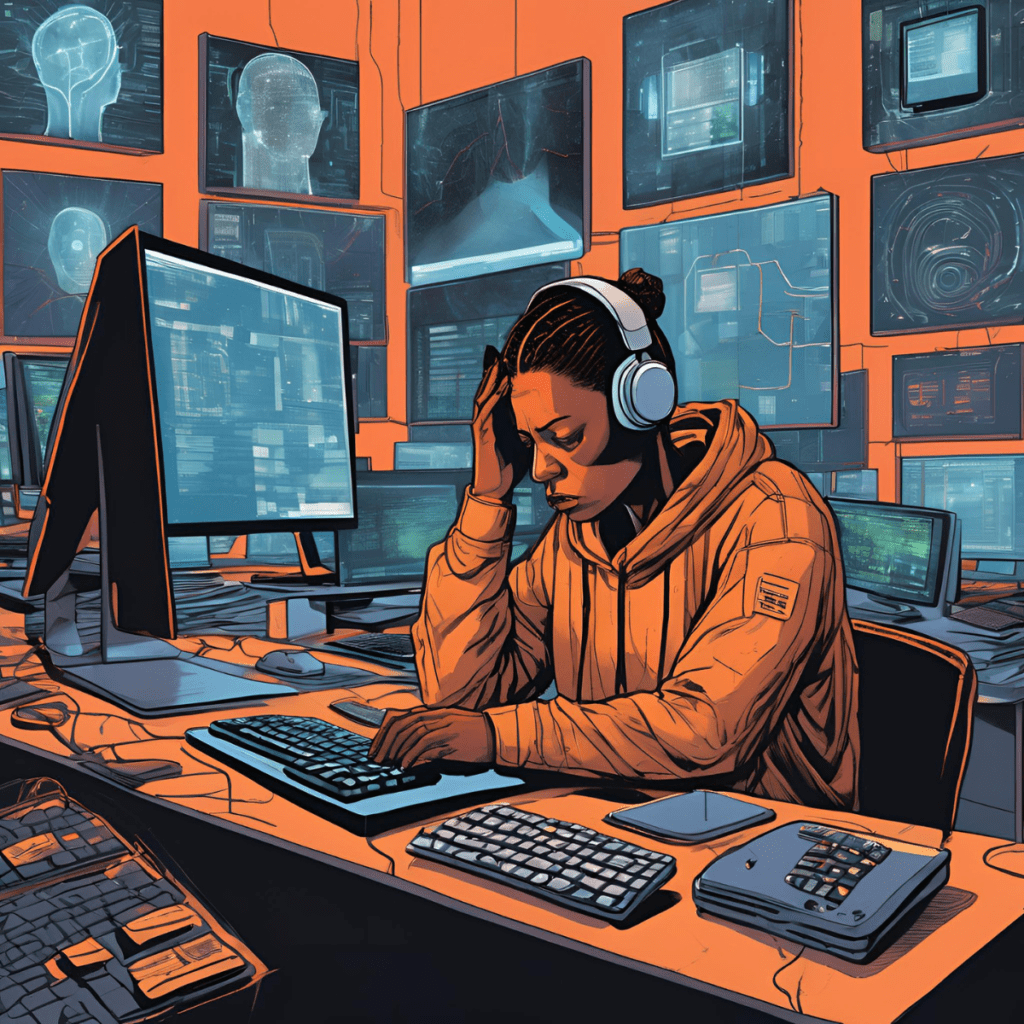Navigating the Double-Edged Sword: Social Media & Mental Health

In the digital age, social media has woven itself into the fabric of our daily lives, influencing how we communicate, share, and perceive the world around us. While it undoubtedly offers opportunities for connection and self-expression, the relationship between social media and mental health is complex, presenting both potential benefits and challenges.
The Positive Side: Building Connections and Community
One of the primary advantages of social media lies in its ability to connect individuals across vast distances. Platforms like Facebook, Instagram, and X provide opportunities for people to maintain relationships with family and friends, fostering a sense of belonging and community. For those who may feel isolated in their physical surroundings, online communities can offer support, understanding, and companionship.
Moreover, social media can serve as a platform for awareness and advocacy. It allows for the dissemination of information on mental health topics, reducing stigma and encouraging individuals to seek help. Campaigns and support groups on these platforms can empower users by providing educational resources and personal stories that inspire and motivate.
The Dark Side: Anxiety, Depression, and Self-Esteem Issues
Despite these benefits, social media also poses significant risks to mental health. A growing body of research suggests a correlation between excessive social media use and increased levels of anxiety and depression. The often-curated nature of social media profiles can lead to unrealistic comparisons, triggering feelings of inadequacy and low self-esteem. When users compare their everyday lives to the highlight reels of others, it can create an unhealthy cycle of self-doubt and dissatisfaction.
Another concern is the addictive nature of social media. The design of these platforms, with endless scrolling and constant notifications, can lead to compulsive use, impacting sleep patterns and productivity. This persistent engagement can exacerbate feelings of anxiety and stress, creating a feedback loop that is difficult to break.
Navigating the Balance
To harness the positives of social media while mitigating its negative impacts, we can adopt mindful practices in our online interactions:
- Set Boundaries: Allocate specific times for social media use and take regular breaks. This can prevent the overwhelming urge to stay constantly connected and help maintain a healthy routine.
- Curate Your Feed: Follow accounts and communities that promote positivity and personal growth, and don’t hesitate to unfollow or mute those that trigger negative emotions.
- Engage Purposefully: Use social media as a tool for learning and connection rather than succumbing to passive consumption. Engage with content that resonates positively with you and contributes to your well-being.
- Be Authentic: Share genuine experiences and emotions rather than striving for perfection, encouraging others to do the same and fostering a more supportive online environment.
- Seek Support: If social media use begins to negatively impact your mental health, consider speaking with a mental health professional or seeking support from trusted friends. some useful links include:
In conclusion, social media is a powerful tool that, when used mindfully, that can really add to our lives if we use it wisely. By staying aware of its impact on our mental health and taking proactive steps to manage our online presence, we can ensure that social media remains a source of connection and inspiration rather than a cause of stress and anxiety. Contact us to see if we can help https://csc2.co.uk/
